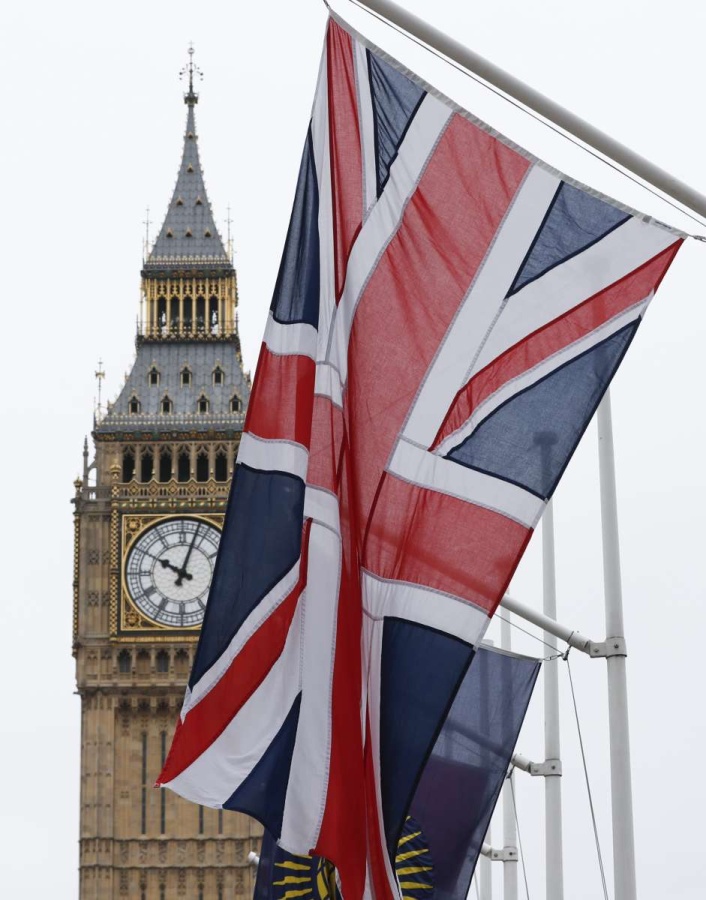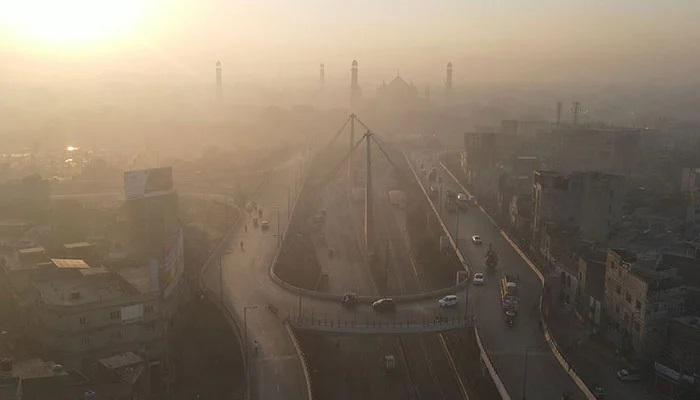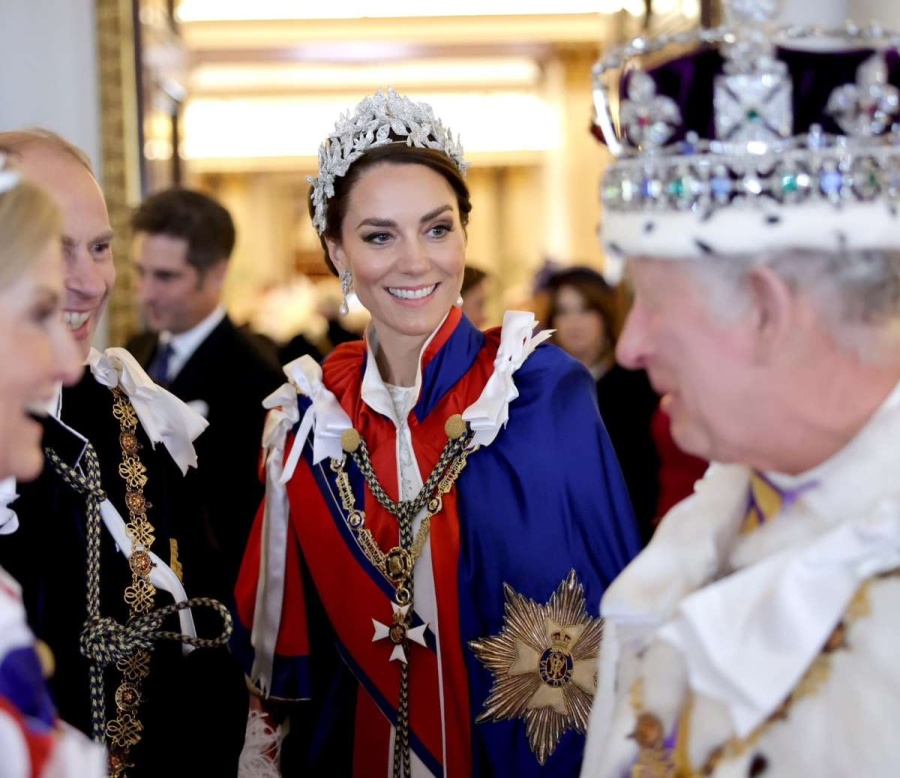Nearly half of Scotland’s local councils are considering a mandatory levy on overnight stays, known as a tourist tax…reports Asian Lite News
Millions of tourists to the UK could soon be asked to pay a local visitor levy as cash-strapped councils try to raise money to fund services.
Nearly half of Scotland’s local councils are considering a mandatory levy on overnight stays, known as a tourist tax, to help cope with a surge in visitors that has overwhelmed places such as Skye, the Callanish stones on Lewis and Orkney’s neolithic sites.
Highland council, home to some of the most under-pressure hotspots such as the fairy pools on Skye and Glenfinnan viaduct, has started consulting local businesses and residents about a 5% levy on all overnight stays which could come into effect in late 2026.
On Monday, the Welsh government will announce proposals for a visitor levy mirroring powers introduced in law by the Scottish parliament this year, and similar taxes in major European cities such as Berlin and Barcelona.
Ministers in Cardiff say it will raise extra money for councils to invest in tourism and amenities, particularly in the areas most popular with visitors such as Gwynedd in the north, Pembrokeshire in the south-west and Cardiff.
Edinburgh is due to become the first place in the UK where a mandatory levy is in force, in July 2026, after council leaders rebelled after an upsurge in Airbnb rentals, congested and soiled streets, and with global hotel companies profiting from visitors.
The city expects to raise up to £50m a year from a 5% surcharge on overnight stays. It will plough that money into improving public parks, funding the city’s festivals and building new social housing to help mitigate surging house prices driven by a boom in short-term lets.
The costs of over-tourism in Scotland were highlighted this month when the travel guide Fodors added the North Coast 500 road route which circles the west coast and Highlands to its “No list” due to its “untenable popularity”.
Part of the North Coast 500, a route that is particularly popular with British holidaymakers and has created tensions with local people. Photograph: Murdo MacLeod/The Guardian
The route’s fame, particularly among British holidaymakers, has led to tensions with local people. Motor homes choke its often narrow single track roads and dump waste on rural verges; sports car drivers have used it for races and campsites have been overwhelmed.
Highland council expects it could raise £10m a year from the levy, which could be invested in French-style aires, or motorhome camping areas, if locals call for those in a consultation it launched last week.
Ken Gowans, the council’s economy and infrastructure chair, said: “Right now we don’t have a sustainable tourism offer in the Highlands. The cause of the wear and tear isn’t local people, but they’re having to pay for it through their council tax.
“If we have this money, not only will we be able to maintain services and infrastructure, we can improve them. We welcome tourists openly but if we want people coming back, we should improve the experience.”
ALSO READ: Labour left urges PM to speak up for human rights on Saudi trip














